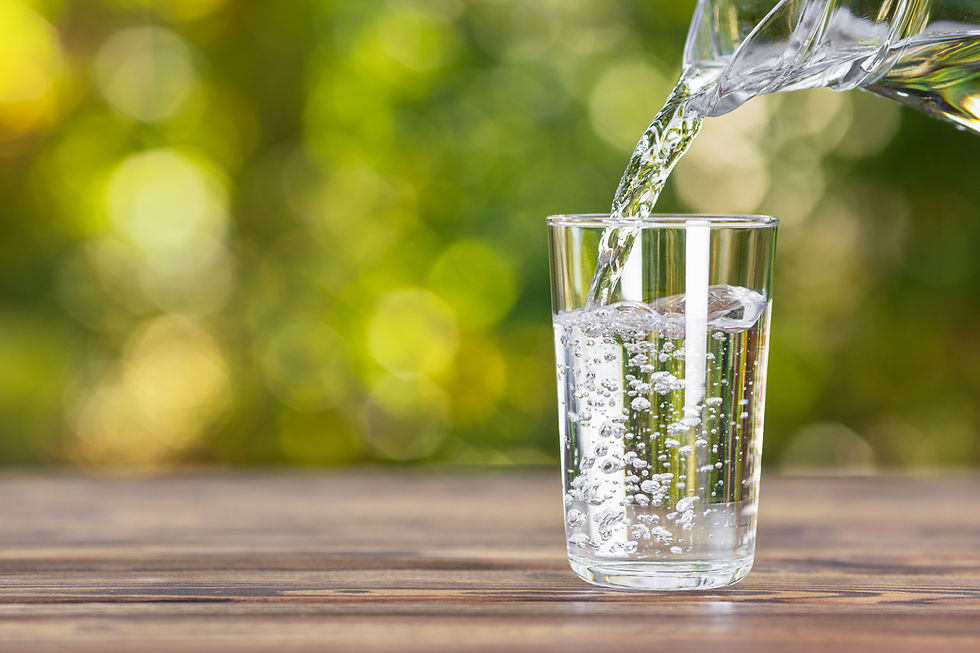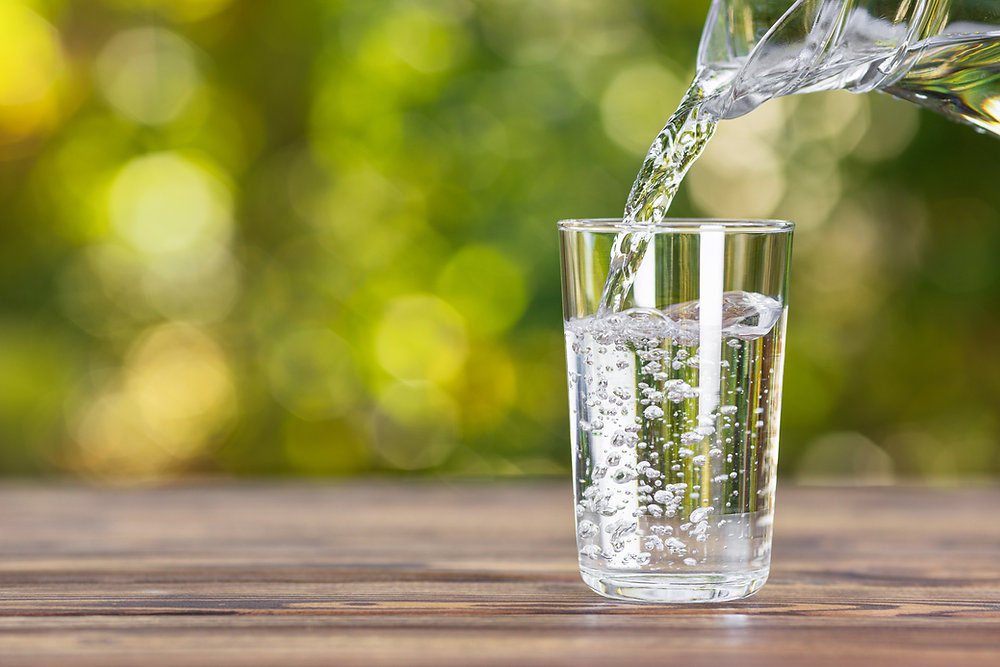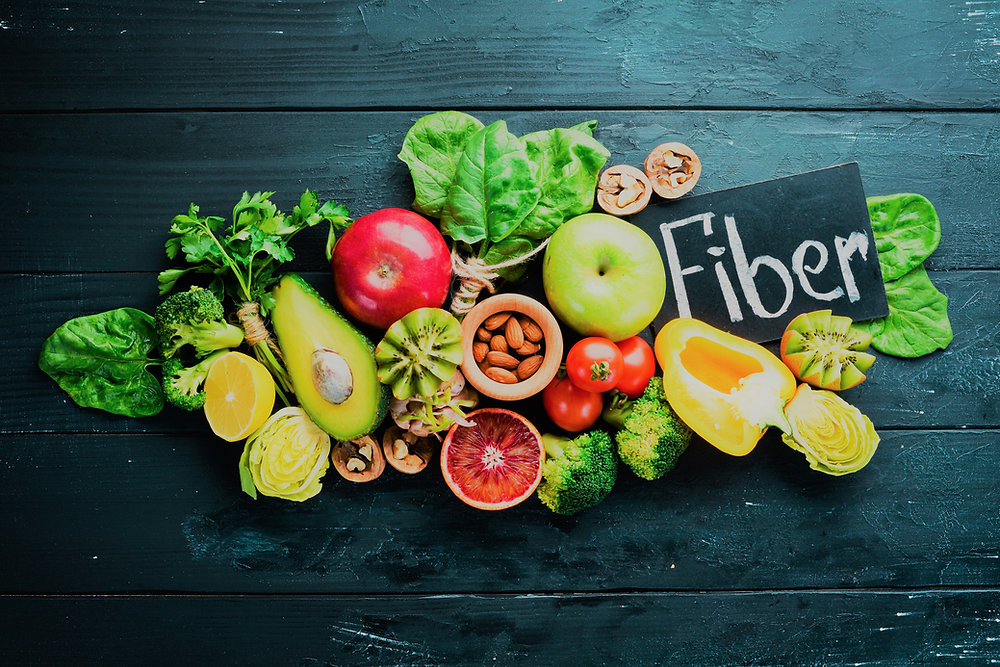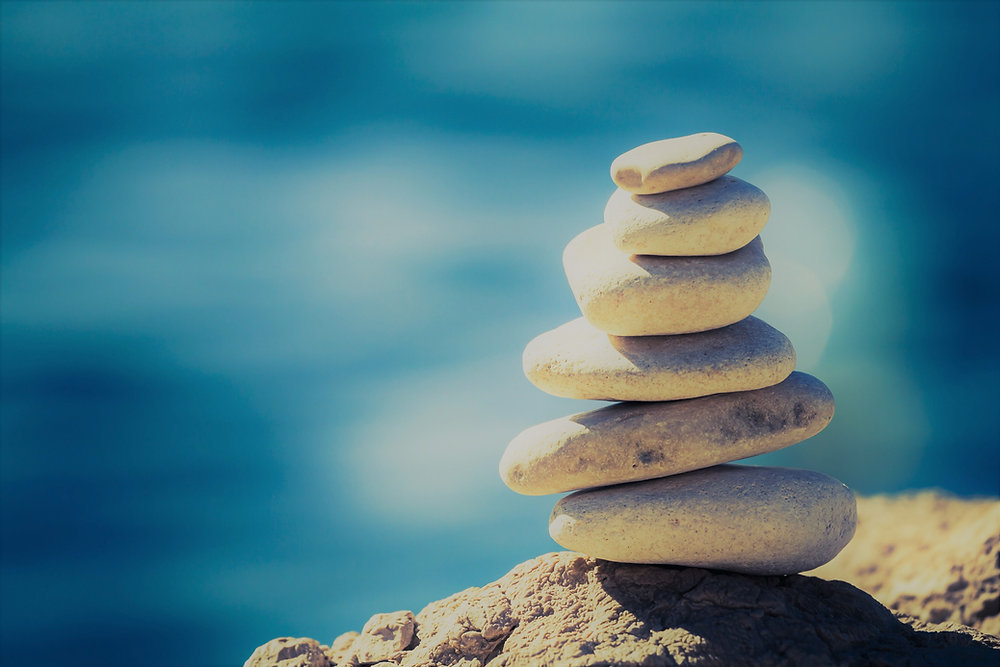
“Pure water is the world’s first and foremost medicine.” ~ Proverbs
A healthy lifestyle, whether for weight loss or overall health, requires sufficient water intake. Not only is water vital for human survival, as every single cell in our body needs it, but it also helps with joint lubrication, regulating body temperature, and removing waste from our bodies. The average adult body is made up of 60% water! Some key organs are comprised of an even higher percentage of water: the brain and heart are 73% water, and the lungs are about 83% water. All day we are losing water via sweat, breathing, urine, waste removal, and other processes in our body. There are also key nutrients that our bodies depend on for water balance, such as potassium, sodium, and magnesium. Water truly is key to our health!
How much water do you need?
The amount of water needed can vary for each person based on how active you are, your age, and the climate you live in, just to name a few factors. But a solid recommendation is:
125 ounces per day for men (15.6 cups)
90 ounces per day for women (11.3 cups)
If you are very active, are pregnant, or are in a hot environment, then the amount of water needed can increase quite a bit. One way to estimate your fluid intake is to take your total body weight and divide it by 2. So if you weigh 160 lbs, your minimum required water intake would be 80 ounces.
Signs that you may be dehydrated:
Headache
Low energy
Rapid breathing and/or heartbeat
Feeling dizzy
Very dark urine or no need to urinate
Sunken eyes
Skin stands up on the back of the hand after a gentle pinch test
Depression of thumb pad remains depressed for several seconds or longer
Very dry skin
Confusion and/or irritability
Loss of body weight in water (more than 10% is a medical emergency)
Water intake tips
If you start drinking more fluids and are urinating more, this will get better once your body is in balance – after about 3 to 5 days.
Each morning, start with a big glass of water – filtered/purified ideally.
Try not to drink lots of fluids when eating, as this can dilute stomach acids and slow digestion. It is best to drink most of your fluids between meals.
Water comes in many forms!
Plain water really is the best source of hydration, but you also get water intake from:
Juices
Milk and other dairy
Fruits and vegetables – watermelon is the most hydrating
Soup
Other beverages and foods
Considering that the average adult gets about 25% of their fluid intake from food, and another portion from alternate beverages, you don’t have to be chugging water all day. Just try to be conscious of your intake and pay attention to the most important indicator you have – thirst! Our goal, regardless of what we are eating, is to drink water as a primary beverage. I keep a large water bottle or glass of water with me at all times, and that is my go to when thirsty.
For nutrition and health coaching support, reach out for a FREE consultation today: Call us at 303.525.5848 Email us at jeanna@lifestyle-evolution.com Find our profile on DaoCloud: https://www.daocloud.com/pro/lifestyle-evolution
www.lifestyle-evolution.com #virtualcoaching #healthcoaching #healthcoach #cleaneating #ancestraleating #nutritioncoach #eatingforweightloss #Weightloss #healthandwellness #obesityhelp #nutrientdense #selfcare #lifestylechange #dreambig #sustainablechange #water




